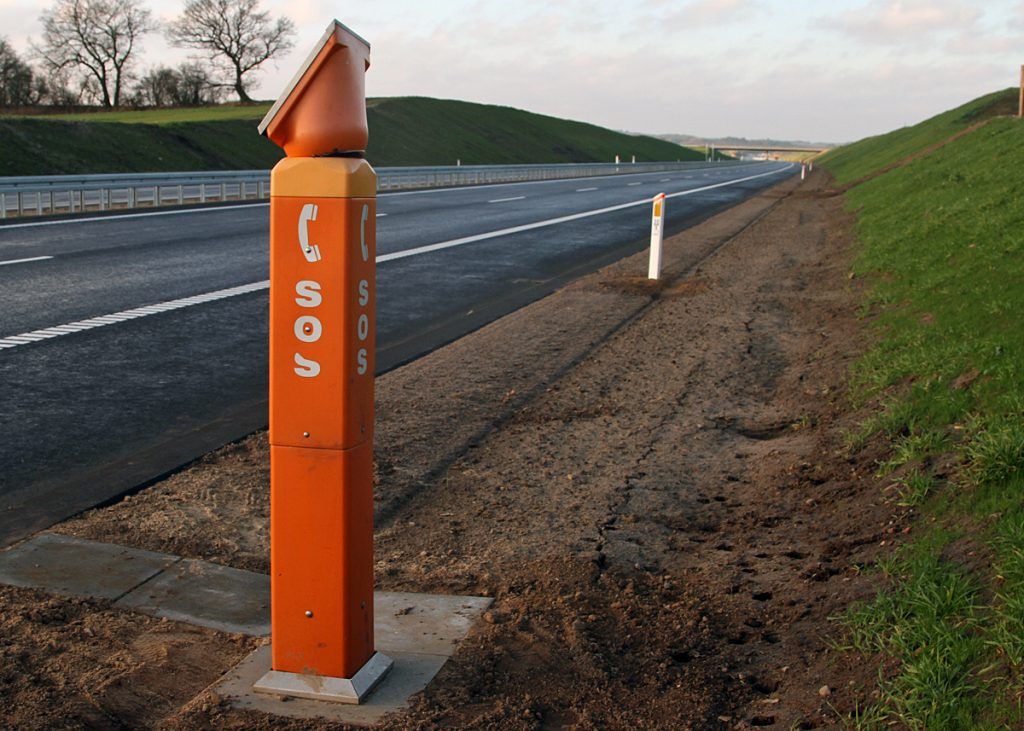The road authority, Vejdirektoratet, has announced it has decided to decommission all of the emergency roadside phones from Denmark’s motorways.
The use of the orange phone boxes, which are two kilometres apart on the Danish motorways, has been in steep decline in recent years due to the development and popularity of mobile phones.
“Safety is very important to us, so we’ve studied the safety implications of this decision,” said Niels Tørsløv, the head of traffic at Vejdirektoratet.
“And it’s our belief that motorists can get the same traffic security using their mobile phones, from which they can call for assistance via a direct call or via an app.”
READ MORE: Danish government to raise speed limits following trial
Millions saved
Out of the 98 calls made from Denmark’s 1,300 emergency roadside phones last year, just two were an emergency, while the rest concerned roadside assistance and traffic situation issues. The 98 calls last year were the lowest ever number, far below the 668 made in 2010.
With the decommissioning, Vejdirektoratet will save 4 million kroner a year in operating costs. Additionally, because many are worn out or obsolete, the authority was facing an additional 56 million kroner in replacement costs.
Vejdirektoratet said it would keep about 30 phones located at the most traffic-heavy bridges and tunnels operational.
They will also launch a campaign aimed at helping motorists remain safe while driving by encouraging them to always have a charged mobile phone in the car.















